What do you think?
Rate this book


250 pages, Hardcover
First published February 6, 2018
“There are 690,000 official DACA registrants and the president sent over what amounts to be two and a half times that number, to 1.8 million,” Kelly said. “The difference between (690,000) and 1.8 million were the people that some would say were too afraid to sign up, others would say were too lazy to get off their asses, but they didn’t sign up.”Wouldn’t it be a wonderful thing to be able to talk about the challenges of immigration without the sort of ignorance and bigotry that is often brought to the discussion? A debate that considers cost and benefits, not just in economic, and political, but in human terms would be a significant step forward. Francisco Cantú, an Arizona native, was a college graduate with an interest in international relations, particularly border issues. He imagined a future in law or the foreign service, but thought he might be best prepared if he had first-hand experience of the border for himself. So he joined the largest police force in the country, the United States Border Patrol (BP). Although it is a police force, the BP re-imagined the agents’ uniforms in a more military style in 2007, the better to reflect what was increasingly seen as a military mission. The outdoors element of the job held particular appeal as his mom had been a National Parks ranger for many years, giving him a taste for nature, particularly the desert.
Immigration experts cite various reasons why people eligible for DACA’s protections do not apply. These include lack of knowledge about the program, a worry that participating will expose them to deportation and an inability to afford registration fees.
“I’m sorry for that characterization. It doesn’t surprise me from Gen. Kelly,” No. 2 Senate Democratic leader Richard Durbin of Illinois, his party’s chief immigration negotiator, said of the White House staff chief’s remarks. - Washington Post – February 6, 20128 – by Alan Fram | AP

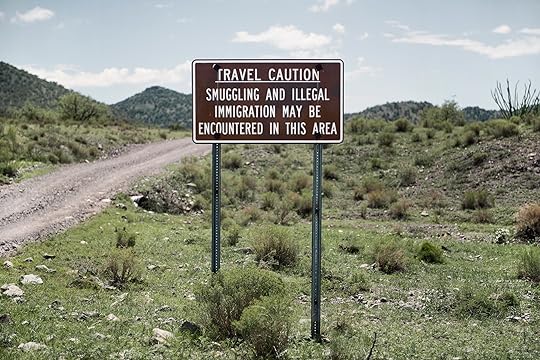
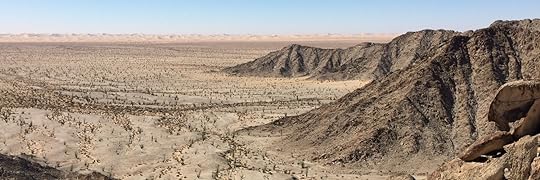
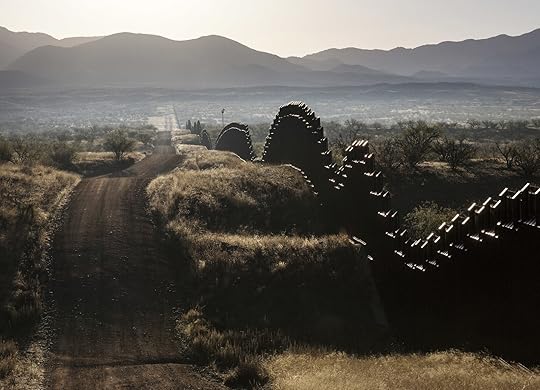
The first sign that the job was taking a toll for me came in the form of those nightmares, of which I tried to describe a few in the book. For years I would just ignore them. Like in any enforcement or military job, part of the training is designed to normalize these intense traumatic, and often violent, experiences that you’re expected to have. In my waking life, I totally did that. I normalized the things I saw, never thought about it. I think the dreams rose up from that pushing-aside/normalizing not-normal happenings. When I started to realize that, and the reason I write about them, is that there was a recurring dream I was always having. I was wearing my teeth out, grinding the enamel off my molars. That was the first time my dream world manifested in my waking life. That was the point at which I had to pay more attention to my dreams. They were shaking me. - from the Mother Jones interview
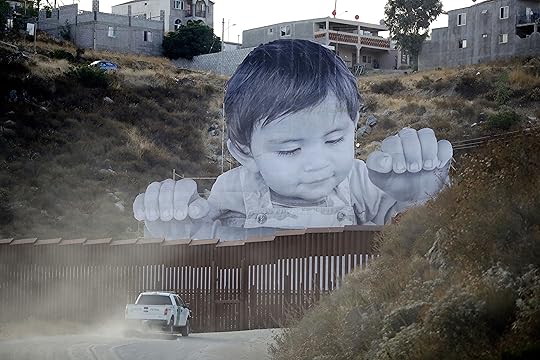
I remember sort of bandaging her feet and cleaning her wounds, which is this very, you know, direct, tangible way of helping someone. I think it's almost biblical, in a sense, to clean someone's feet. And I remember her looking down at me just kind of, like, very tenderly and thanking me. And I felt like, "Don't thank me. At the end of the day, I'm taking you back to a cell and I'm sending you on your way to be sent back to this place that you're literally risking your life to flee." And so, yes, it's true that the Border Patrol does good work and rescues people and saves lives, but there's tension there.There is no legislative agenda here. Francisco Cantú does not offer specific solutions to the real questions of how to regulate immigration. It is certainly clear that he is sympathetic to many he encountered, both while wearing a badge, and while pulling shots. But his sympathies, and empathies are shared with all sides. He knows what it is to be a BPA, and is sensitive to the challenges of the job, and to the toll it can take. He is aware of the physical perils police face, having to contend with cartel-based operations, and the emotional cost of constantly having to cope with desperate people. The Line Becomes a River offers a very human face to what is often a very inhuman conversation. Will it change anyone’s mind? I doubt that many who are opposed to immigration will bother reading it. The ideological barrier around fixed perspectives can be far more unbreachable than any physical wall. But for those seeking a human response to a humanitarian crisis, this would be a good place to gain a bit of perspective.
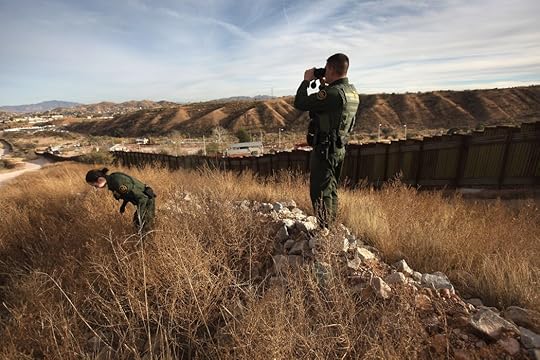
I'll never forget as a Border Patrol agent bringing this guy into my station, part of a group that I apprehended, and I was rolling his fingerprints and putting him into, you know, the database to be shipped back to Mexico. And I remember him just kind of like looking around while I was asking him these formulaic questions. And he's like, "Hey, I know there's a couple hours before the bus comes, is there anything that I can do? Can I take out the trash? Can I clean the cells? I want to show you that I'm here to work."
It changed things for me to have someone in front of me and say that to me. And so those are the kind of things that I carry with me. I think there's nothing as powerful as an individual story, and I think we need to listen to the people who have those stories right now. - from NPR interview
